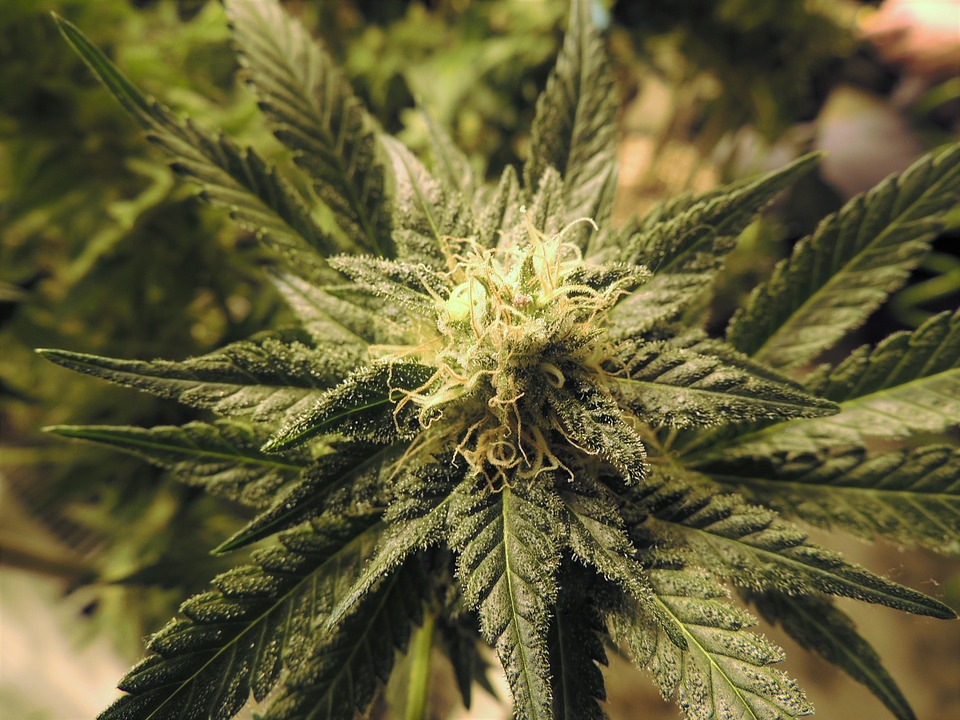EXCLUSIVE | Medical marijuana restrictions outrage veteran advocating for anxiety, opioid abuse treatment

The Office of Medical Marijuana has refused to add anxiety or opioid substance abuse disorder to the list of qualifying conditions, decisions that have outraged a veteran who argues that doing so would significantly reduce the rate of suicide amongst veterans and help bring an end to the opioid crisis in Delaware.
Kim Petters, a veteran and advocate for medical marijuana who serves as executive director Delcanna, a grassroots social action organization formed with the goal of responsibly ending cannabis prohibition in Delaware, argues that anxiety should be one of the qualifying conditions for medical marijuana.
Dr. Karyl Rattay, a high ranking member on the Medical Marijuana Act Oversight Committee and Director of the Division of Public Health (DPH) has refused to add anxiety and other conditions to list of qualifying conditions for medical marijuana, according to Petters who argued that her actions are dangerous for veterans who suffer from anxiety.
“She [Dr. Rattay] has denied anxiety and unfortunately for veterans that’s extremely dangerous because when veterans don’t have access to cannabis that means they only have access to benzos,” Petters said. “Veterans seen at the VA that commit suicide, 70-percent of them have benzos in their system. This is a medicine that causes suicidal ideation. We have the science, yet Dr. Rattay, because she doesn’t think so, anxiety got denied.”
Dr. Rattay declined an interview; however, WGMD’s Rob Petree was able to obtain emails that show Dr. Rattay’s position.
“After careful review of the science and expert consultation, the potential harms of marijuana outweigh the potential benefits,” Rattay wrote. “The General Assembly also agreed with our decision and rejected adding anxiety to the list of certifiable conditions.”
WGMD News reached out to the Divison of Public Health which said the determination was based largely on research that has “shown products rich in THC may actually lead to increased anxiety rather than a reduction in it.”
Senate Bill 24, recently signed into law by Governor Carney, added anxiety but with a strict caveat that it had to be a high concentration strain of CBD.
Among some of the other conditions rejected was a proposal to add opioid substance abuse disorder as a qualifying condition for medical marijuana.
DPH believes there’s not enough research at this time to prove that it would reduce the rate of overdoses.
“Regarding Opioid Use Disorder, while a petition was submitted to add Opioid Use Disorder to the approved qualified condition list, there is limited evidence to show that simply adding Opioid Use Disorder as a qualifying condition would significantly reduce opioid overdose morbidity without additional support from treatment providers and doctors who treat opioid related disorders,” a spokesperson with DPH said.
When medical marijuana dispensaries opened, prescriptions for opioids fell by 3.74 million daily doses per year, according to research by Harvard Health Publishing.
Another study, conducted by JAMA Internal Medicine, showed medical marijuana laws and adult-use marijuana laws were associated with lower opioid prescribing rates (5.88% and 6.38% lower, respectively).
“Dr. Rattay and anyone else who stands in the way of patients getting access to medical marijuana are direct contributors to the opioid crisis that the State of Delaware is facing today,” Petters concluded.


